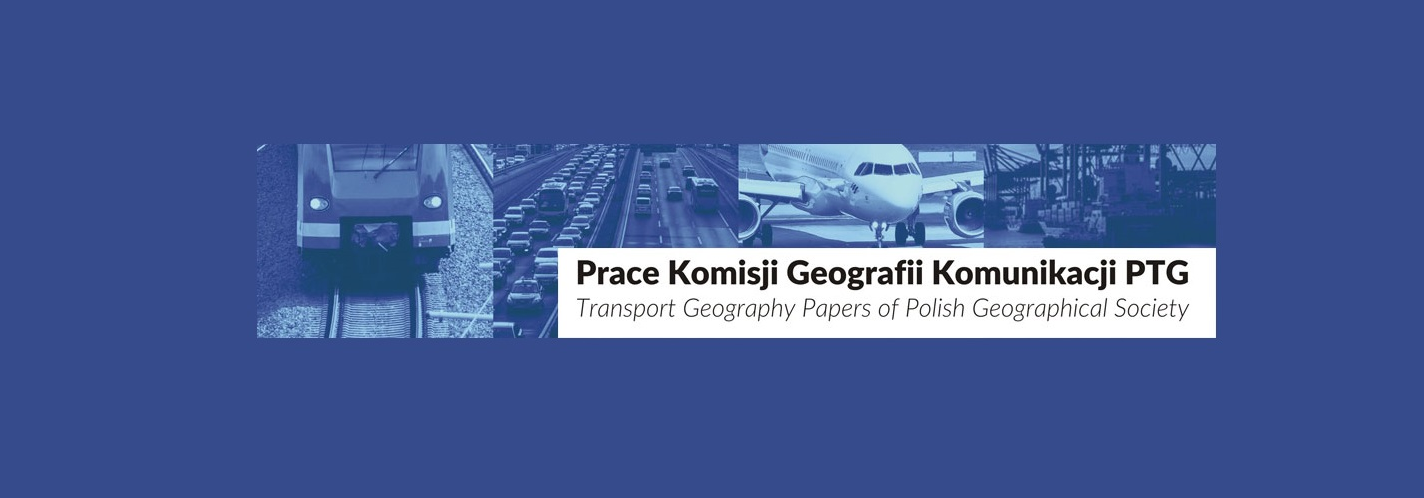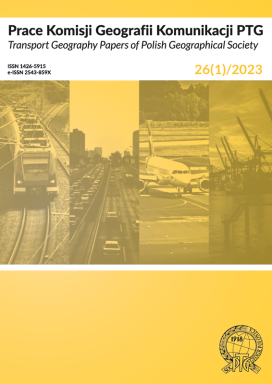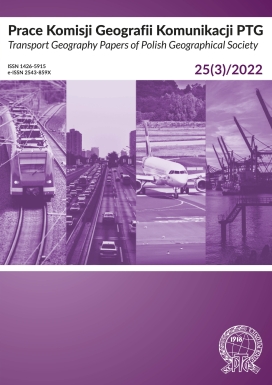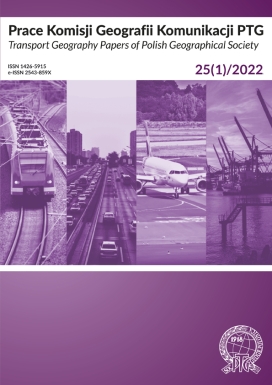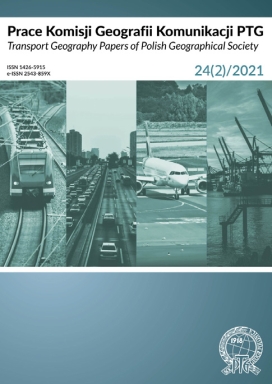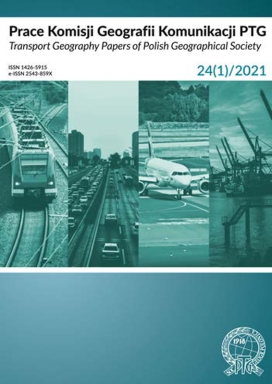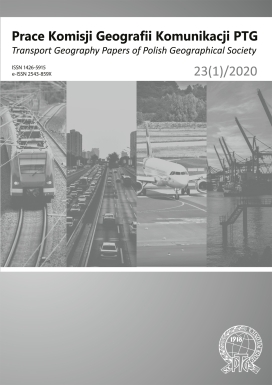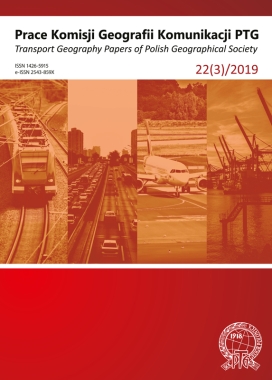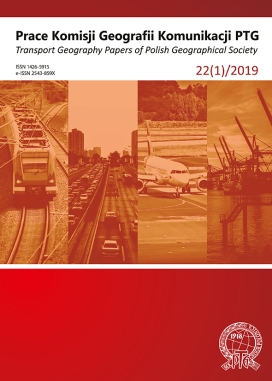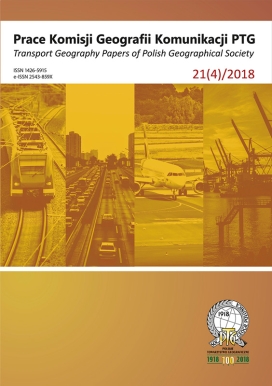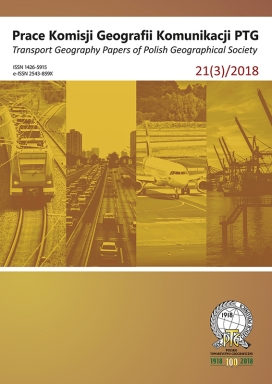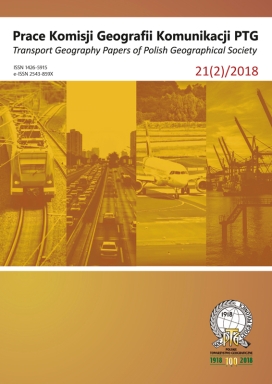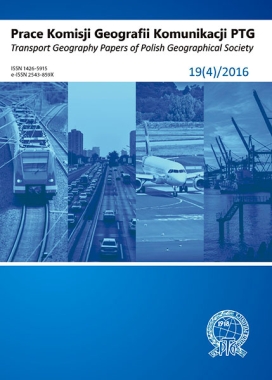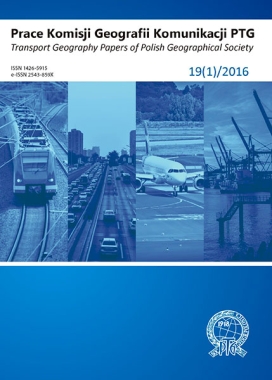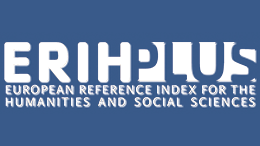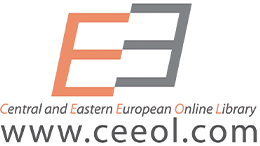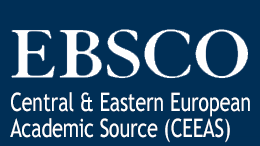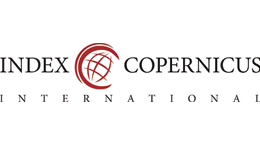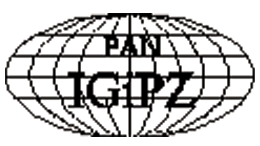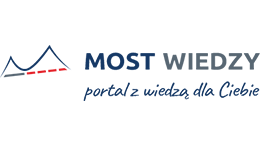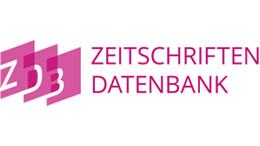The aim of this article is to analyze the pace of expansion of the network of highways and expressways over the past 15 years of membership in the European Union. Joining the European Union by such post-socialist countries as: Poland, Lithuania, Latvia, Estonia, the Czech Republic, Slovakia, Hungary, Slovenia (2004), Bulgaria, Romania (2007) and Croatia (2013) as well as the funds received for the development of transport infrastructure significantly contributed to the boom in the pace of road investments in these countries. The existing networks of highways and expressways in the 11 analyzed countries are at the stage of creating major national and international connections. The most advanced expansion of the national highway system is taking place in Poland and Hungary. Stable development, with a slight annual growth of the length of new highways, is taking place in Bulgaria, Croatia, the Czech Republic, Romania, Slovakia and Slovenia. Stagnation in the development of roads of this type is occurring in Lithuania, Latvia and Estonia. Toll roads are operated in 8 out of 11 analyzed countries. The vignette system for highways is used in Bulgaria, the Czech Republic, Slovakia, Slovenia, Romania and Hungary. Toll is paid at tollbooths in Croatia and Poland. Most of the highways in Central Europe are concentrated around the capital agglomerations, e.g. Budapest, Prague, Bratislava, Ljubljana, Zagreb, Sofia and Bucharest, with the exception of Warsaw, which is slowly rebuilding its central position in the network of expressways (A-2, S-7, S-8, S-17) in Poland. The first sections of highways in the discussed countries, except for Poland, were located around the capital cities. The layout of the highway network is often determined by the orography of the terrain, especially the course of mountain ranges, great rivers and coasts. Due to the varied topography, costs are rising, and the construction time of engineering structures such as tunnels, overpasses and bridges is longer, with countries such as Croatia, Slovenia, Slovakia, and recently also the Czech Republic, Poland and Romania being forced to build them.
